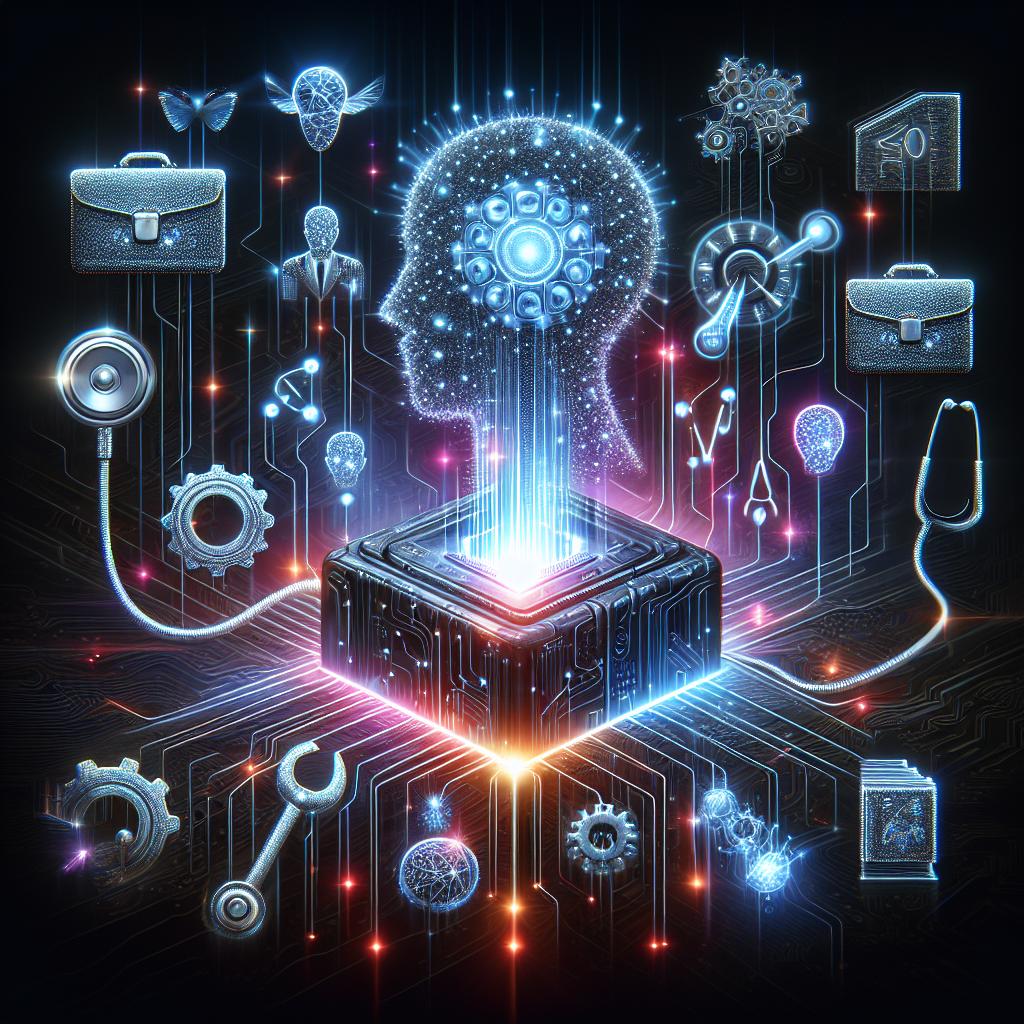Artificial Intelligence (AI) has rapidly progressed from a specialized technology to a groundbreaking force that is transforming industries, economies, and the employment landscape. With machine learning algorithms and intelligent systems becoming more proficient, they are starting to redefine roles and responsibilities across various sectors, including manufacturing, healthcare, and finance. This article explores how AI is shaping the job market, the challenges it introduces, and the opportunities it presents for adaptation.
The Dual Impact of AI on Employment
Job Displacement
One of the most talked-about implications of AI on the workforce is the risk of job displacement. Automation has already begun to take over specific tasks that were once performed by humans. For example, in manufacturing, robots can now execute assembly line jobs with enhanced efficiency and consistency. Similarly, AI-powered software can handle data entry, scheduling, and customer service functions, resulting in decreased demand for human labor in these fields.
The World Economic Forum’s 2020 Future of Jobs Report highlighted that while automation may eliminate 85 million jobs by 2025, it could also generate 97 million new positions aimed at facilitating interactions with machines. This statistic underscores the complex nature of AI’s effect, calling for a deeper understanding of shifts in the labor market.
Job Creation and Transformation
Even as some jobs may disappear, AI is simultaneously creating new opportunities. Roles focused on AI development, such as data scientists, machine learning engineers, and AI ethicists, are in high demand. Moreover, existing positions are evolving. For instance, sales professionals are now utilizing AI tools for data analysis, customer insights, and predictive analytics.
The automation of routine tasks enables employees to concentrate on higher-order skills like creativity, strategic thinking, and emotional intelligence—traits that machines continue to find challenging to replicate. There is a growing need for hybrid professionals who can connect technical and non-technical fields.
Sectors Most Affected by AI
Healthcare
The impact of AI in healthcare has been significant. From diagnostic tools that analyze medical images to chatbots that assist with patient inquiries, AI applications are optimizing processes and boosting productivity. However, the healthcare sector also faces ethical challenges related to patient data and the reliability of AI-generated diagnoses.
Finance
In the finance sector, AI algorithms evaluate risks and offer trading insights at speeds beyond human capability. While this enhances decision-making processes, it also raises concerns regarding job security for traditionally held roles such as analysts and traders.
Transportation
The emergence of autonomous vehicles is set to significantly change the transportation industry. As companies explore self-driving technology, positions in driving, delivery, and logistics may be jeopardized, while new roles in vehicle maintenance and AI oversight will likely arise.
The Skills Gap
As the job market evolves in response to AI, a noticeable skills gap is emerging. Many workers lack the digital literacy and technical capabilities necessary to succeed in an AI-driven landscape. It is essential for educational institutions and companies to work together to reskill and upskill the workforce, providing training programs that equip individuals with the relevant skills.
Lifelong Learning
The principle of lifelong learning is vital in this swiftly changing market. Professionals are encouraged to continually update their skill sets through online courses, certifications, and workshops to remain competitive. Organizations should cultivate a culture that values ongoing education, supporting employees in their growth initiatives.
Ethical and Legal Implications
The integration of AI into the job market raises ethical questions such as biases in algorithms, privacy issues, and accountability concerning AI’s decision-making. It is crucial to ensure that AI systems function fairly and transparently to build public trust and prevent discrimination in hiring and employment practices.
The Role of Policy
Governments are essential in addressing the negative impacts of AI on the workforce. Implementing policies that foster job creation, protect workers in transition, and enhance educational opportunities will be crucial for adapting to an AI-centric world. Additionally, regulations governing AI technologies must evolve to tackle emerging challenges and ensure a balanced approach to innovation.
Conclusion
The emergence of AI marks a critical juncture in the evolution of the job market. While it poses challenges related to job displacement and skills gaps, it also presents new prospects and roles that did not previously exist. To navigate this intricate landscape, a collaborative effort involving individuals, organizations, educational institutions, and governments will be crucial. By embracing the changes brought about by AI, society can tap into its potential for increased productivity, innovation, and a more dynamic job market. The key will be adaptability—an unwavering commitment to learning and evolving in tandem with these new technologies.

